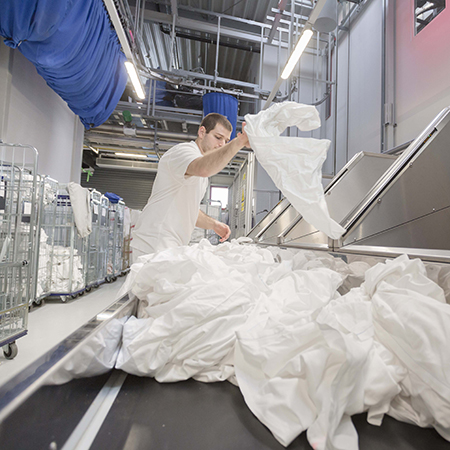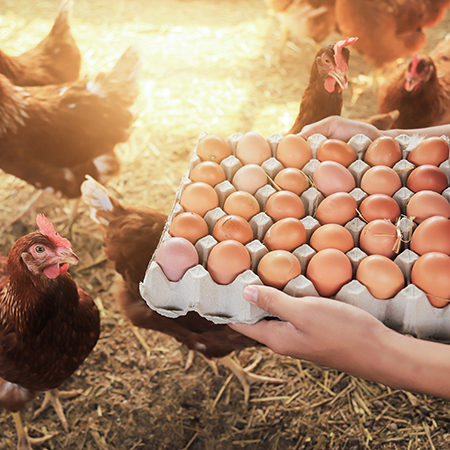The Textile Services Association (TSA) is inviting the hospitality, catering and healthcare industries to work with it to improve the recycling of textiles and reduce their environmental impact.
Every year over 30 million textile items, including sheets, duvet covers, pillow cases and towels, are thrown away. This equates to over 2000 tonnes. The majority of these will end up in landfill or incinerated. Meanwhile the cloth that actually does get reused often only gets one additional use cycle, as rags in sites such as garages, before also being disposed of.
Textile waste from the hospitality industry is ideal for recycling, as it is predominantly made of natural fibres, and white. The TSA has set up a project to research potential recycling solutions for the industry. It has teamed up with a Swedish company Södra, which has pioneered a method that takes textile and re-engineers it into a pulp that can be used to spin cotton fibre yarns.
“The time is right for innovative solutions,” says David Stevens, CEO of the TSA. “So far our members have been very enthusiastic about the potential for them to help industries reducing waste and improving sustainability.”
The TSA is also in talks with UK Hospitality about the possibility of including staff uniforms in the scheme, which account for an additional four million items annually. Recycling uniforms is more complex as they often use a mix of different materials and accessories that require separation first. Going forward, designing uniforms for recycling is one of the solutions being discussed.
David adds: “It’s a win-win for the environment as landfill use and incineration is reduced alongside less need for new cotton. It’s estimated that 20,000 litres of water are required for every kilo of cotton grown, not forgetting the risks of fertiliser run-off. Anything that reduces the impact this crop has must be good.
“We welcome all the feedback we’re getting and call on more stakeholders to come forward to discuss the individual needs of their businesses in order to make this scheme a success.”











